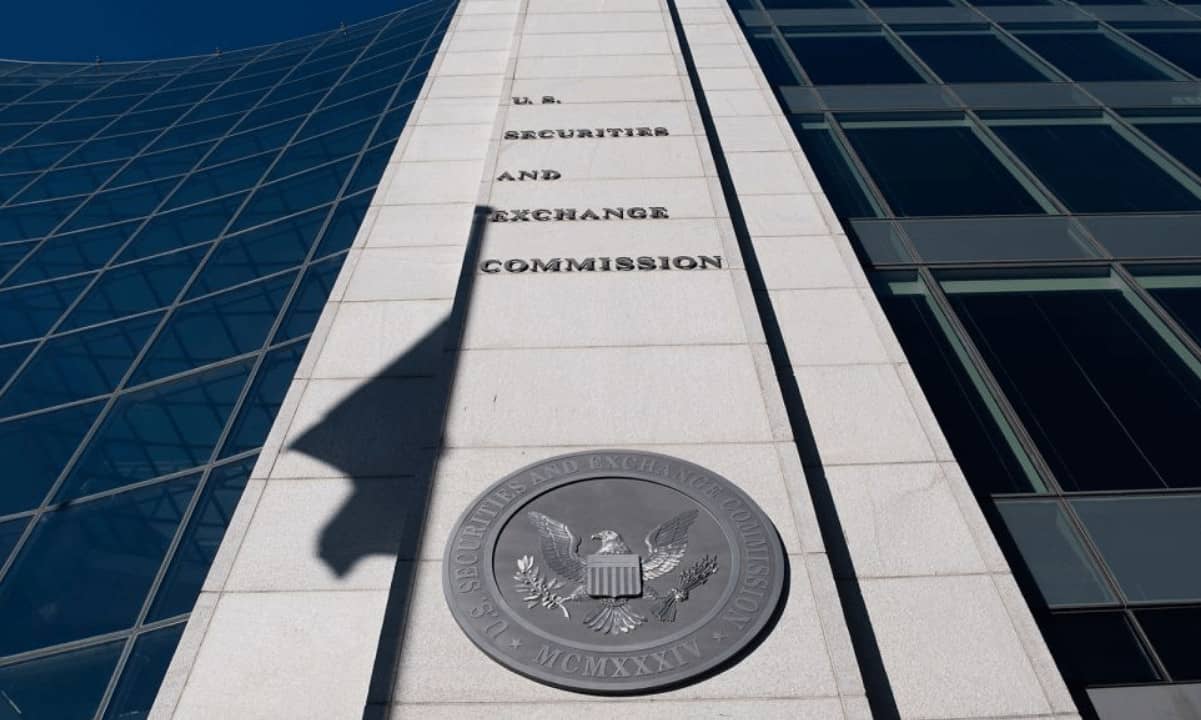
A group of Republican legislators, led by Rep. Patrick McHenry and Sen. Cynthia Lummis, have expressed their concerns regarding the Securities and Exchange Commission’s (SEC) regulatory stance on crypto custody.
In a letter sent to SEC Chair Gary Gensler, these lawmakers called for the agency to “revoke” its Staff Accounting Bulletin No. 121 (SAB 121).
Concerns About SAB 121
The letter, made public by Fox reporter Eleanor Terrett through an X post, outlines various criticisms of SAB 121. The Republicans argue that the SEC introduced this guidance without consulting essential regulators or adhering to the formal rulemaking procedures, thereby leading to confusion and increasing risks for consumers.
This rule mandates that custodians of digital assets must acknowledge a liability and maintain a corresponding offset on their balance sheets, which must be assessed at the fair market value of their crypto. This approach diverges from conventional accounting practices and may place consumers at heightened risk by misrepresenting custodians’ legal and economic responsibilities.
Revoking SAB 121 is the only viable course of action and firmly within the SEC’s jurisdiction. There is substantial precedent for reevaluating a staff accounting bulletin.
The letter further references a ruling by the Government Accountability Office (GAO), which determined that SAB 121 is classified as a “rule” under the Congressional Review Act, implying it should have gone through the formal notice and comment procedure mandated by the Administrative Procedure Act (APA). Instead, the regulatory agency circumvented this requirement by categorizing it as staff guidance.
Opaque Agreements
The GOP legislators also highlighted undisclosed consultations between SEC personnel and select financial institutions, where exemptions from reporting obligations were granted on an individual basis.
Terrett pointed out this in a different post, challenging SEC commissioners for permitting accounting staff to “choose winners and losers in the crypto custody arena” while ignoring the APA and formal rulemaking protocols.
Among those receiving favorable treatment is BNY Mellon, recognized as the first bank to obtain an exemption from this regulation. During a public session in Wyoming, Chris Land, general counsel to Sen. Lummis, disclosed that the SEC allowed the bank to bypass several of SAB 121’s more onerous stipulations.
The bank began accepting crypto deposits in 2022 after receiving approval from the relevant authorities. Nevertheless, as with other players in the crypto custody sector, adhering to the accounting mandates within SAB 121 proved to be burdensome, even as BNY aimed to strengthen its position in the cryptocurrency market.
“BNY is eager to expand its presence in the crypto custody domain,” Land noted. “They encountered challenges with SAB 121, and the SEC has seemingly granted them some form of variance to continue.”
The legislators have raised concerns about this selective approach to determining which institutions are allowed to bypass the reporting balance sheet obligations. They argue that this practice lacks transparency and fails to guarantee a uniform application of SAB 121 across different institutions.
Moreover, they cautioned that the SEC’s strategy undermines investor protections, as disparate enforcement of rules across institutions hinders “enhanced” disclosures.
Binance Free $600 (CryptoPotato Exclusive): Use this link to register a new account and receive $600 exclusive welcome offer on Binance (full details).
LIMITED OFFER 2024 at BYDFi Exchange: Up to $2,888 welcome reward, use this link to register and open a 100 USDT-M position for free!








